
Amaha / / / Best Books for Depression Relief in Indians: Self-Help and Fiction Books to Overcome Depression
ARTICLE | 4 MINS READ
Best Books for Depression Relief in Indians: Self-Help and Fiction Books to Overcome Depression
Published on
28th May 2025

Dr Amiya Banerjee
MD Psychiatry

You know that feeling when it seems like the whole world is pressing down on your chest? When just getting out of bed feels like you’re scaling Mount Everest, and even your favorite cup of chai somehow tastes bland? That’s the thing about depression—it has this sneaky way of draining the color out of everything.
But here’s a little secret: sometimes, the best kind of healing doesn’t come from a pill or a doctor’s prescription. Sometimes, it’s waiting quietly between the pages of a really good book.
Why Books Matter When You’re Feeling Low
Let me share a story. Last year, my cousin Priya hit what she called her “rock bottom”—she lost her job, went through a messy breakup, and basically moved into her bedroom. For weeks, she barely spoke to anyone. But then, one afternoon, I heard something I hadn’t heard in ages: her laughter. Real, honest-to-goodness laughter. Turns out, she was reading this hilarious book about a character stumbling through life’s chaos.
That’s when I realised: books are so much more than just stories. They’re lifelines.
Reading does something quietly magical for us. It helps our brains build new connections, lowers stress, and—maybe most importantly—it gives us a break from our own worries. When you’re stuck in a loop of negative thoughts, a book can be like a friend reaching out and gently changing the subject.
There’s actual science behind it. Studies show that reading can help ease depression. It boosts empathy, lets us escape into someone else’s world for a while, and sometimes even helps us see our own problems from a new angle. It’s like having a heart-to-heart with someone who truly understands, even if you’re feeling completely alone.
Pro-tip: You can visit a book-cafe along with your book when you are feeling low and need a change of environment. There are plenty of good book cafe's in Mumbai, Delhi, Bangalore, Chennai, Hyderabad, Gurgaon and many other Indian cities.
The 11 Best Books for Depression Relief: Your Literary Medicine Kit
Self-Help Books That Actually Help
"Feeling Good" by David D. Burns
What makes this book special? Burns is the pioneer who made CBT accessible to everyone. Unlike other self-help books that just tell you to "think positive," this one gives you actual tools to identify and change thought patterns. It's like learning to debug your own mind. The book includes mood tracking exercises and step-by-step techniques that have helped millions worldwide. Get it on Amazon
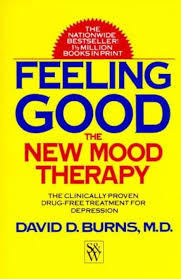
"The Happiness Project" by Gretchen Rubin
Rubin's genius lies in her relatability - she's not a guru or therapist, just a regular person who decided to scientifically experiment with happiness. What's unique? She tested one small change each month and documented everything. No dramatic life overhauls, just tiny tweaks that add up. Perfect for when even brushing your teeth feels overwhelming. Get it on Amazon
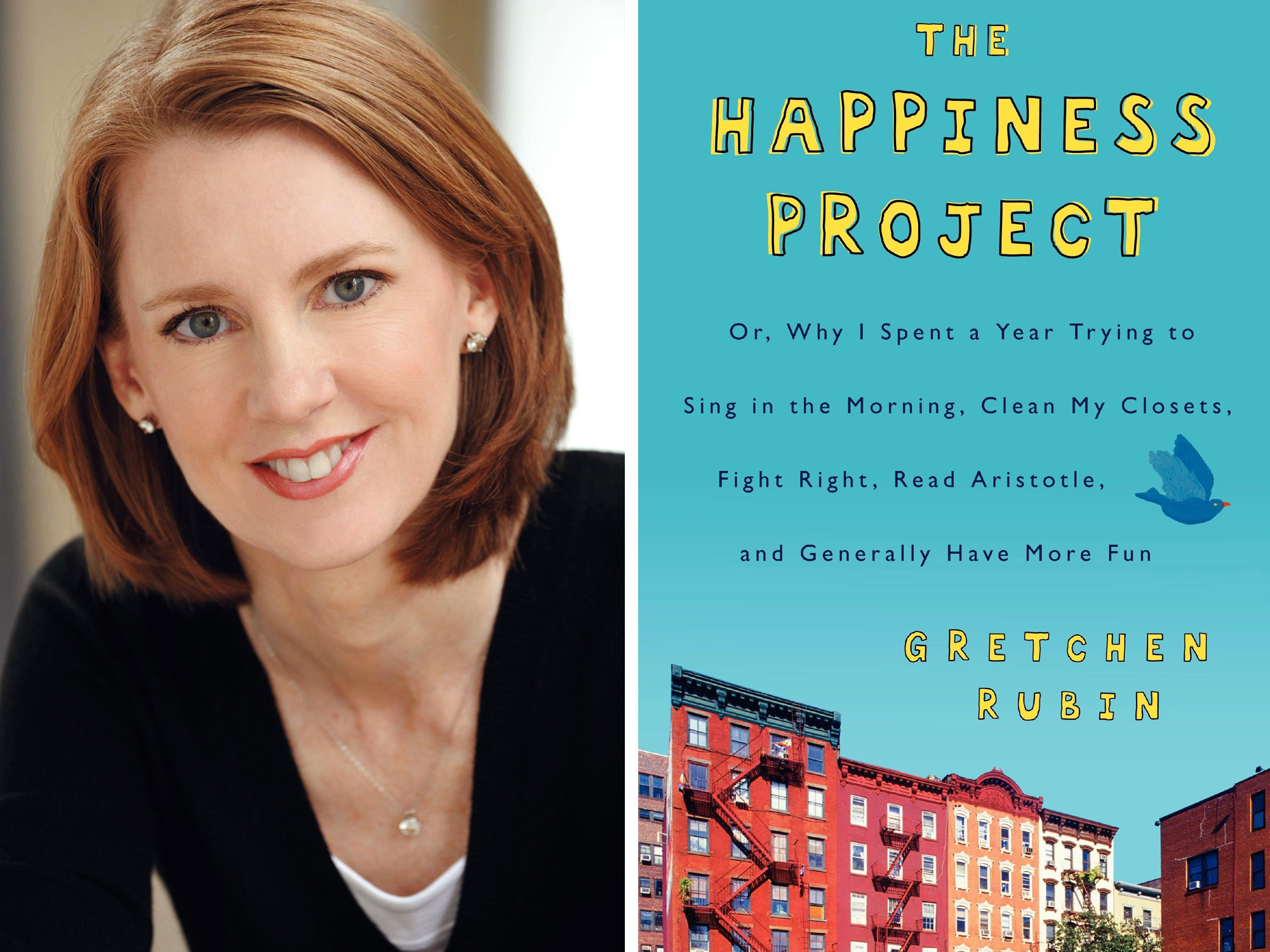
"Mind Over Mood" by Dennis Greenberger
This isn't just a book - it's a complete therapy workbook based on CBT principles. What sets it apart? Interactive worksheets, mood tracking charts, and exercises you can actually do. It's like having a therapist guide you through homework assignments, but at your own pace. Get it on Amazon
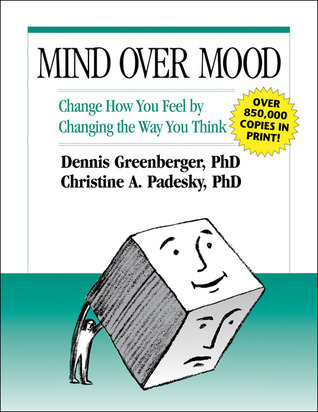
"Maybe You Should Talk to Someone" by Lori Gottlieb
Here's what's brilliant about this book - Gottlieb is both therapist and patient. She shares her own therapy journey while treating her clients. It's raw, honest, and shows that even mental health professionals need help sometimes. The dual perspective makes it incredibly authentic. Get it on Amazon
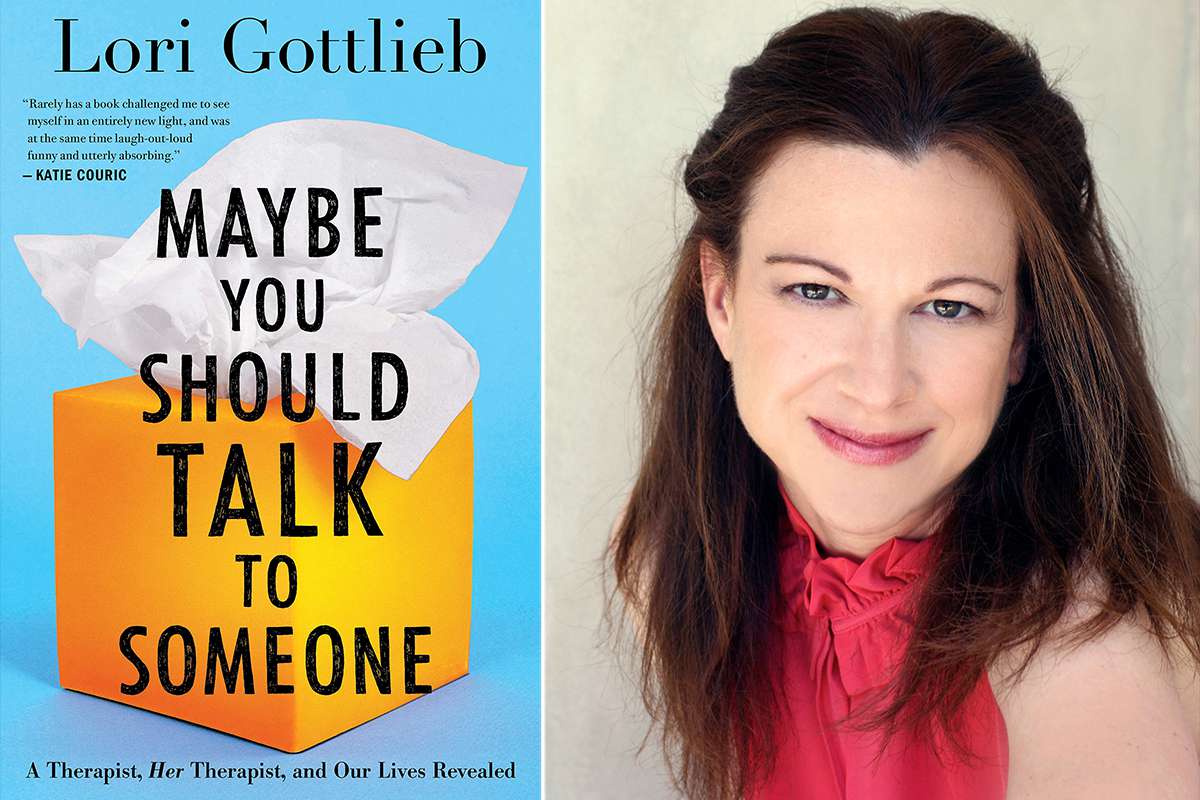
"The Gifts of Imperfection" by Brené Brown
Brown's research-backed approach to vulnerability and shame makes this unique. She spent years studying what makes people resilient and distilled it into actionable insights. What's special? She admits her own struggles with perfectionism while teaching you to embrace your flaws. Get it on Amazon
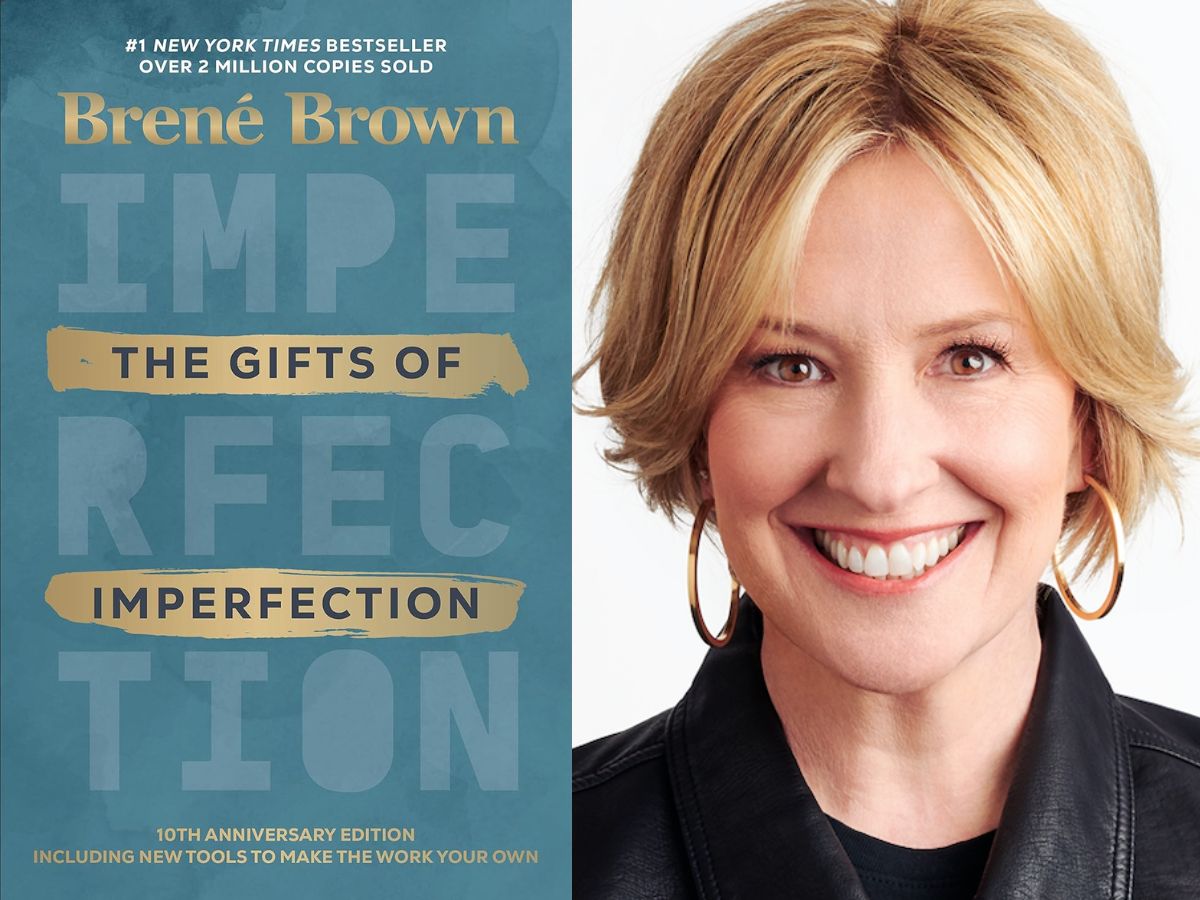
Fiction Books That Feel Like Warm Hugs
Sometimes you don't want to analyze your feelings. Sometimes you just want to escape into someone else's story.
"The Midnight Library" by Matt Haig
This book hit different for me. What makes it unique? Haig explores the concept of infinite possibilities through a magical library between life and death. Each book represents a different life path. It's philosophical without being heavy, hopeful without being naive. Haig writes about mental health with such tenderness - probably because he's been there himself. Get it on Amazon
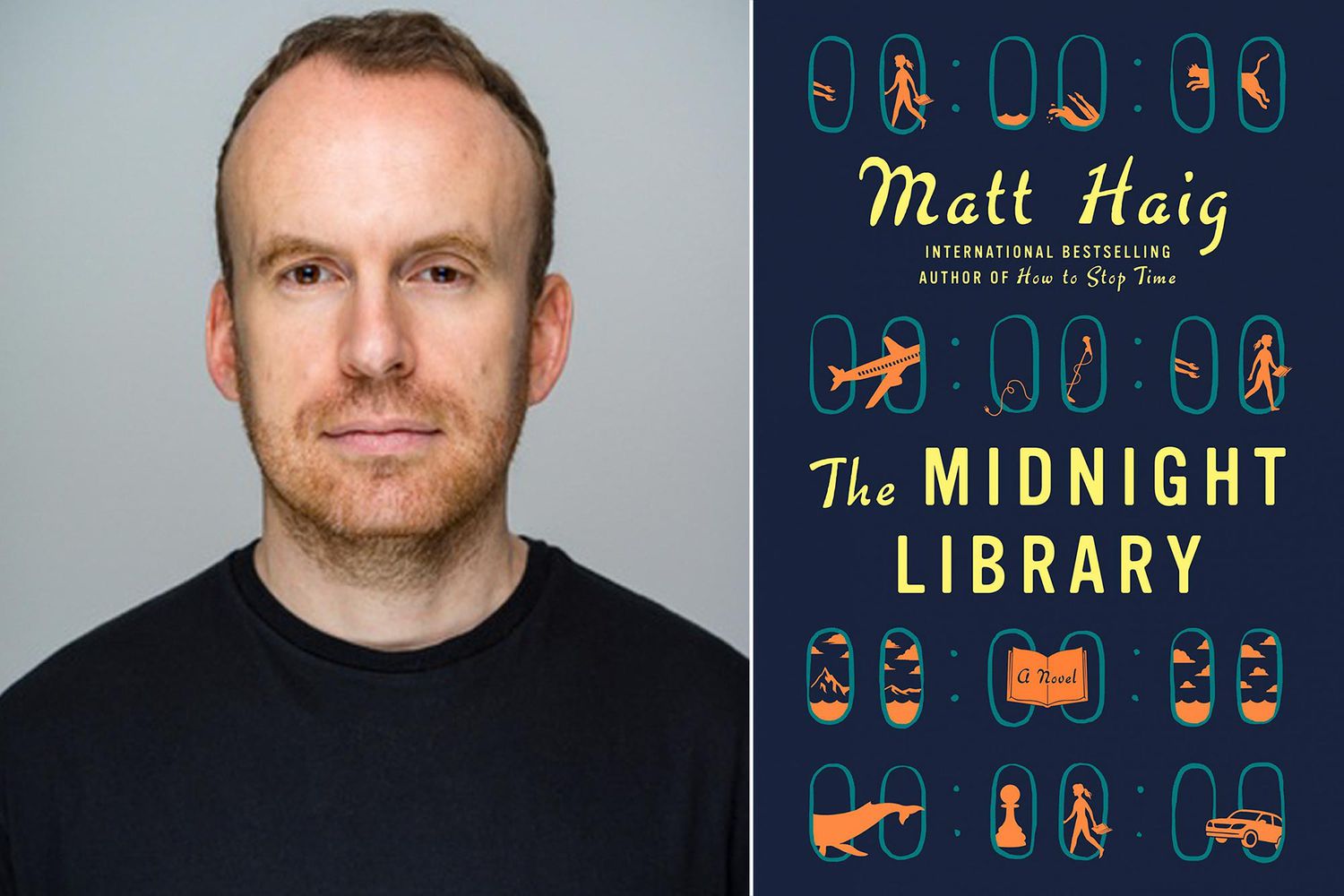
"A Man Called Ove" by Fredrik Backman
Don't let the grumpy old man on the cover fool you. What's special about Ove? Backman shows how grief and depression can masquerade as anger. The story reveals layers slowly - like peeling an onion, but one that makes you cry happy tears. It's about finding purpose when you think life is over. Get it on Amazon
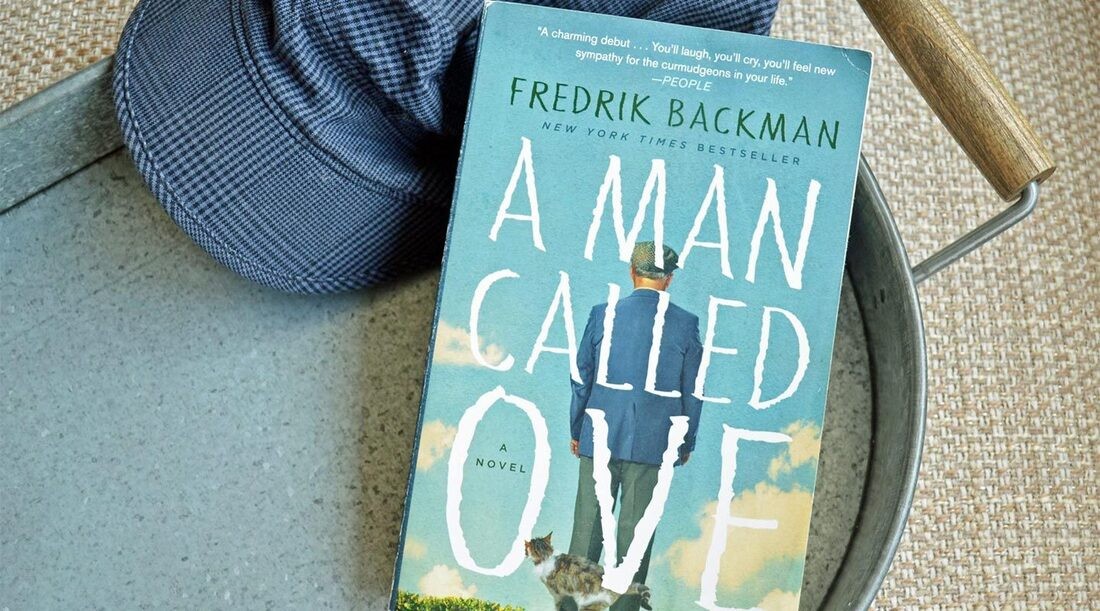
"The Perks of Being a Wallflower" by Stephen Chbosky
If you're feeling like an outsider looking in, Charlie gets it. What makes this book unique? It's written as letters to an anonymous friend, making you feel like Charlie's confidant. Chbosky captures teenage depression and trauma with incredible sensitivity, showing how connection heals. Get it on Amazon
"Eleanor Oliphant Is Completely Fine" by Gail Honeyman
Eleanor's story is uniquely powerful because she represents functional depression - the kind where you go to work, pay bills, but feel completely disconnected from life. Honeyman shows how small acts of kindness and genuine friendship can slowly thaw a frozen heart. Get it on Amazon
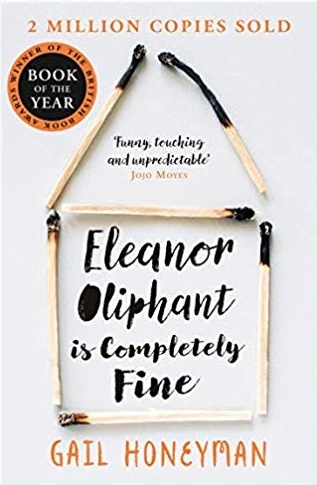
"The Book Thief" by Markus Zusak
What's extraordinary about this book? It's narrated by Death during WWII, yet it's ultimately about hope and humanity. Zusak shows how stories and words can be lifelines during the darkest times. It's heavy but healing - like a good cry that leaves you feeling cleansed. Get it on Amazon
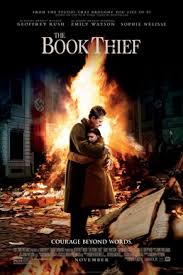
"Where the Crawdads Sing" by Delia Owens
This book's uniqueness lies in how it weaves loneliness and resilience together. Kya's story of growing up abandoned in the marshes mirrors how depression can make you feel isolated from the world. Yet she finds beauty, strength, and eventually connection. It's about surviving when you think you can't. Get it on Amazon
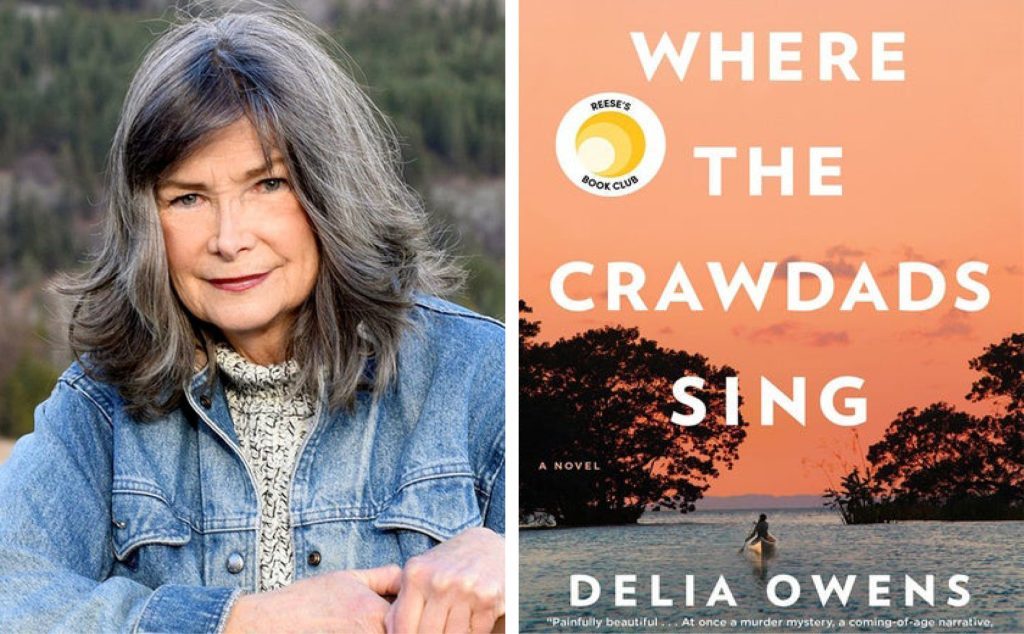
Books About Hope: Finding Light When You Need It Most
There are days when what you crave isn’t just therapy or a distraction—you need hope. The kind that feels like a gentle hand on your shoulder, or a friend quietly saying, “You’ll get through this.” That’s exactly what the best books on depression can offer: a sense of understanding and a glimmer of light when things feel dark.
Books on Depression That Restore Hope
“Man’s Search for Meaning” by Viktor Frankl
This isn’t just a book about overcoming depression—it’s a testament to the human spirit. Frankl, who survived the horrors of Nazi concentration camps, shares how we can choose our response to suffering, even in the darkest moments. His message? It’s not happiness, but meaning, that pulls us through. It’s heavy, yes, but ultimately uplifting—one of the most hopeful books you’ll ever read.
“The Alchemist” by Paulo Coelho
If you’re looking for books on depression that feel like a warm embrace, this is it. Coelho’s story of Santiago, a shepherd boy chasing his dreams, is simple but profound. It reminds us that the universe is quietly rooting for us, even when we can’t see it. It’s hope, disguised as a magical adventure.
“Option B” by Sheryl Sandberg and Adam Grant
Born from Sandberg’s own tragedy, this book stands out among books about overcoming depression because it doesn’t sugarcoat grief. Instead, it shows us how to build resilience and find joy again, even after life knocks us down. It’s honest, practical, and rooted in both research and real-life experience.

Feeling off for more than a couple of weeks?
Take Amaha's self-assessment if you need to seek professional help
Fiction vs. Self-Help: Which Road to Take?
You know what? There's no wrong answer here. Some days you need the practical tools that self-help books offer. Other days, you need to lose yourself in a story where someone else figures things out first.
Fiction books for depression work differently than self-help ones. They don't lecture you or give you homework. Instead, they show you characters navigating their own dark valleys and somehow finding light. It's validation wrapped in storytelling.
When Loneliness and Depression Collide
Loneliness and depression often go hand-in-hand, feeding off each other in a tough cycle. But here’s the beautiful thing about books: they never let you feel truly alone. When you’re reading, you’re connecting—with the author, the characters, and ideas far bigger than your current pain.
During the lockdown, I saw this firsthand. My neighbour aunty started a WhatsApp book club, and suddenly, people who hadn’t spoken in months were sharing their favourite books about overcoming depression, discussing characters, and laughing together. Books build bridges, even when we’re physically apart.
How Reading Actually Helps Your Brain Heal
How does reading help with depression?
The science is pretty fascinating. When you read, your brain releases dopamine - the same chemical that antidepressants try to regulate. It's like a natural mood booster.
Reading also:
- Reduces cortisol (stress hormone) levels
- Increases oxytocin (the bonding hormone)
- Improves sleep quality
- Provides structure to your day
Plus, when you finish a book, you get that sense of accomplishment. Small victories matter when you're fighting depression.
Creating Your Reading Routine
Here's what worked for my friend Rohit when he was struggling:
Morning Pages: 10 minutes of reading something inspiring with his morning tea. Nothing heavy, just something to set a positive tone.
Lunch Break Escapes: Fiction during lunch. Even 15 minutes in someone else's world can reset your afternoon.
Evening Wind-Down: Self-help or memoir before bed. Something that helps process the day without being too stimulating.
The key? Start small. One page is better than no pages.
What To Do When You Feel Alone and Depressed
If you’re in that dark place, reach for a book. Memoirs can remind you that others have walked this path and made it through. Novels can introduce you to characters who become friends. Reading won’t magically cure depression, but it can help you reconnect with yourself and the world around you.
If your depression feels overwhelming—if it’s lasted more than a couple of months, is affecting your daily life, relationships, or even your physical health—please consider reaching out to a therapist or counsellor. Books are powerful, but professional help is essential when things get tough.
Build Your Own Library of Hope
You don’t need a huge collection. Start with two or three books on depression that speak to you. Visit your local library and let yourself wander. Create a little “emergency reading kit” with stories that lift your spirits, and keep them close for the tough days.
The Journey Ahead
Remember, you can’t read your way out of depression in a weekend. Healing is a journey, and books are just one tool in your kit. They’re not a replacement for therapy, but they’re always there for you—whether it’s 2 AM and you can’t sleep, or you need comfort on a quiet Sunday afternoon.
So pick up a book. Any book. Your journey toward hope might begin with just one page. Every story has the power to change a life—maybe it’s time to let one change yours. Also read: Best anxiety relief books for you.

Want to talk to a professional?
Amaha offers consultation calls to help you discuss your mental health issues with a coach before you start your therapy session
Frequently Asked Questions
1. Can fiction books help with depression?
Absolutely! Fiction books like "The Midnight Library" by Matt Haig and "A Man Called Ove" by Fredrik Backman provide emotional catharsis, relatability, and hope through storytelling. They help you feel less alone in your struggles. Books offer a great shift of perspective especially when you are stuck in the depression rutt.
2. How does reading help improve mental health?
Reading releases dopamine, reduces stress hormones, and creates new neural pathways. It provides escapism, increases empathy, and gives a sense of accomplishment when completed, all contributing to better mental health.
3. Which books should I avoid when dealing with depression?
Avoid extremely dark or triggering content, overly complex philosophical texts when you're in a fragile state, or books that romanticize mental illness without showing recovery or hope.
4. How much should I read daily to help with depression?
Start small - even 10-15 minutes daily can help. The key is consistency rather than quantity. Build a sustainable reading routine that fits your energy levels and gradually increase as you feel better.
Was this article helpful?
Yes
No
If you didn't find what you were looking for, please reach out to us at [email protected] or +912071171501. We're here for you - for anything you might need.



Build a good life for yourself
with Amaha
Best App
for Good
on Google Play India

